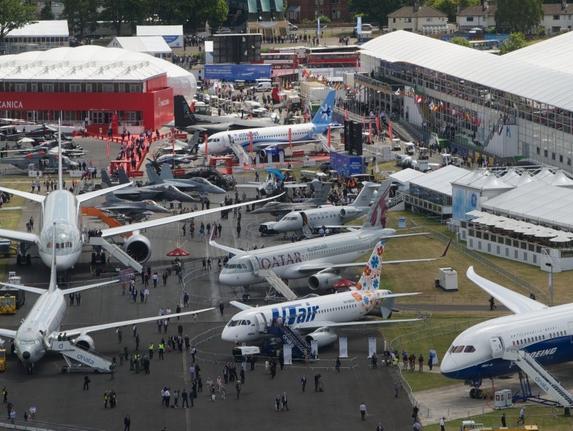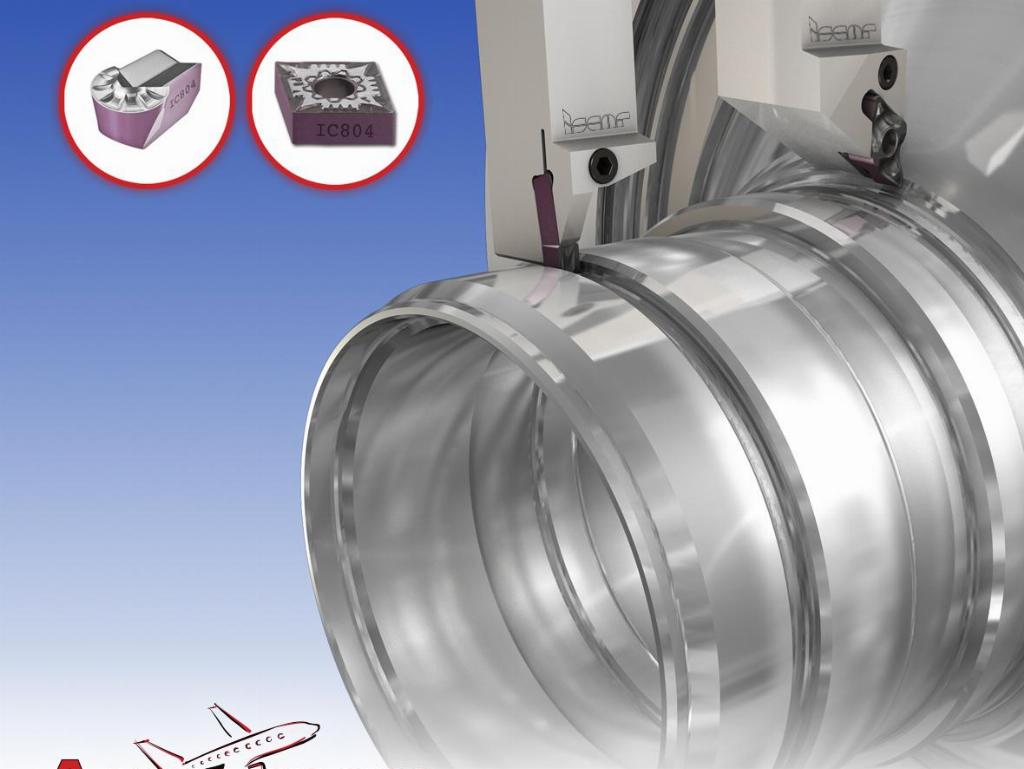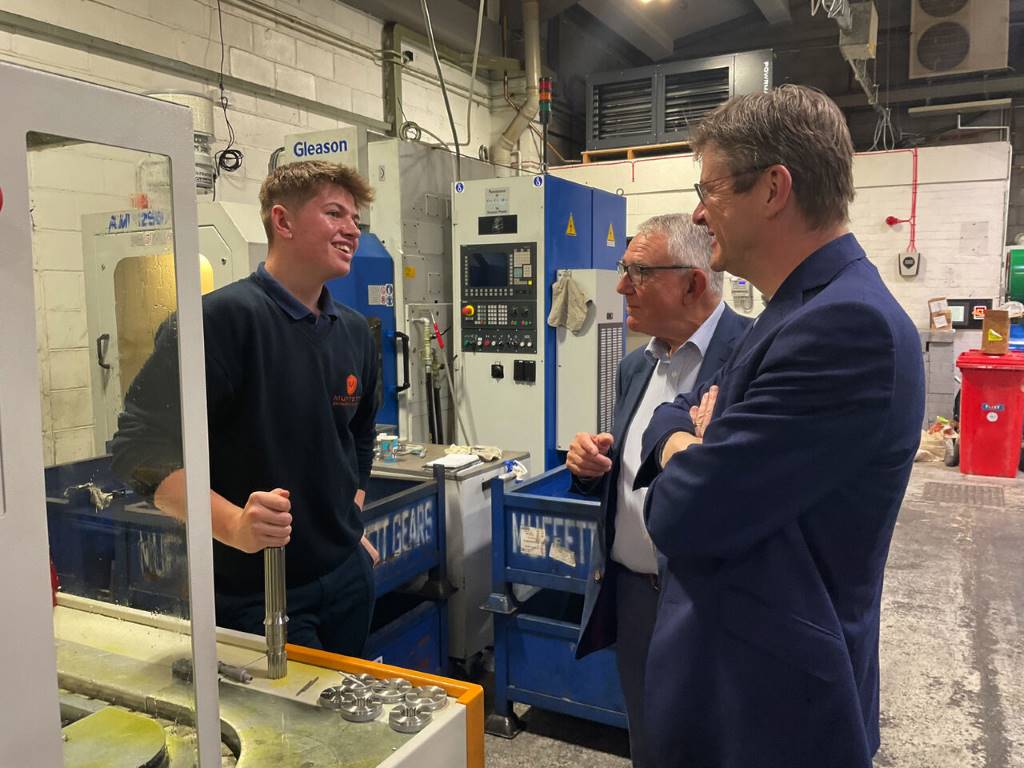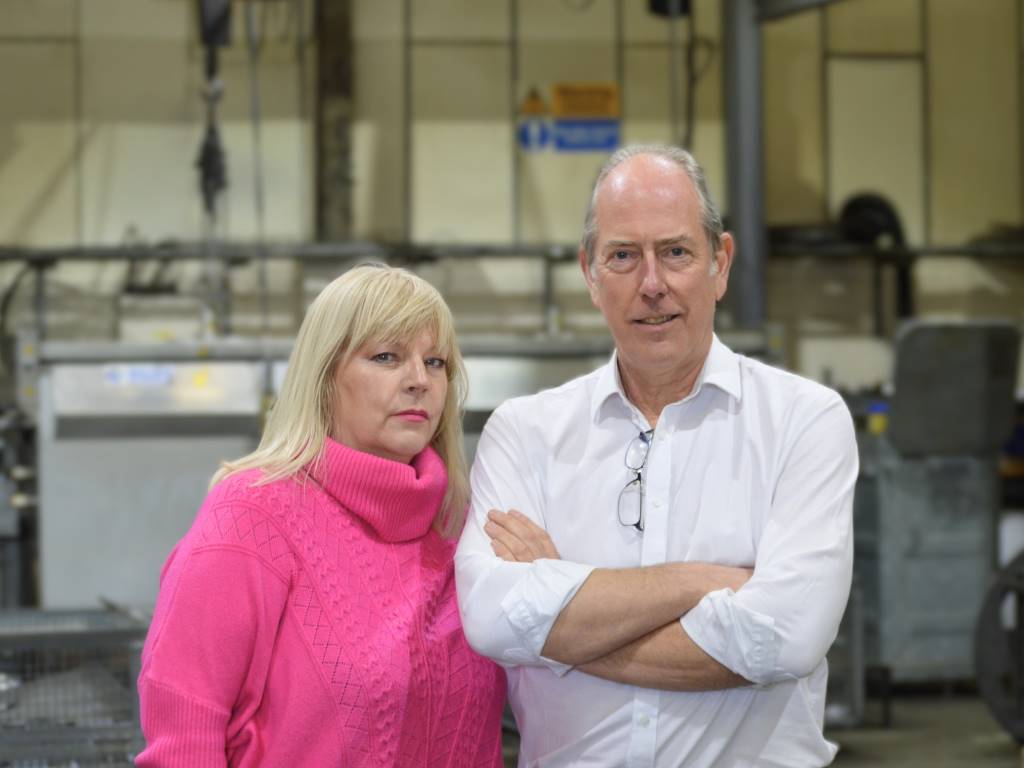GKN to lead three sustainable aerospace collaborations

GKN Aerospace is taking a leading role in three collaborative programmes as part of the Future Flight Challenge.
GKN is delivering the programmes from its new £32 million Global Technology Centre in Bristol.
The Future Flight Challenge is a four-year, £125 million ISCF programme from UK Research and Innovation to develop more sustainable aviation solutions. The current phase is focused on the development of integrated aviation systems that enable new classes of electric or autonomous air vehicles.
With 15 collaborators and an initial investment of £4.5 million, the programmes focus on electrification, unmanned commercial flight and more sustainable regional aerospace solutions to drive connectivity.
The programmes hope to maintain the UK’s position at the forefront of technology development targeting the decarbonisation of the industry.
Skybus
Skybus explores a novel transport network, based on large electric Vertical Take-Off & Landing (eVTOL) vehicles capable of carrying between 30-50 passengers each, taking the 'Park and Ride' concept into the air for mass transit over extremely congested routes thus eliminating the two-dimensional constraints of current surface transport modes including cars, trains and buses. This will not only offer direct benefits in reduced travel time at affordable fares but also reduce the congestion on current ground transport vehicles thus reducing overall travel time for all passengers travelling on these routes regardless of their chosen mode of transport. Skybus is led by GKN Aerospace with the following partners: Swanson Aviation Consultancy, Pascall+Watson and Connected Places Catapult.
Safe Flight
As unmanned and autonomous systems evolve at pace, uncertainty remains around how to integrate autonomous systems in shared airspace in a safe manner. This proposal addresses technological challenges, in terms of the integration of a range of cutting-edge technologies in real-world use case demonstrations, but importantly it also looks at the underpinning business need of a clear route to certifiable aircraft systems and approved operations. Safe Flight is led by GKN Aerospace with the following partners: University of Bath, 3UG Autonomous Systems and Callen-Lenz.
NAPKIN
NAPKIN will model and pilot a UK-wide domestic sustainable aviation network promoting zero carbon emissions, connectivity where surface infrastructure is lacking as well as UK business growth and competitiveness. NAPKIN is led by Heathrow Airport, in collaboration with GKN Aerospace, Rolls Royce, Highlands & Islands Airports, Deloitte, Cranfield Aerospace Solutions, London City Airport, University of Southampton, University College London and Cranfield University.
Max Brown, VP technology at GKN Aerospace, said: “We are committed to a more sustainable future for aviation and our technologies will keep us at the forefront of this challenge. No one company can achieve this alone and these Future Flight Challenge programmes highlight the importance of collaboration in achieving this aim. It is a great example of public-private collaboration as well as the importance of Government in supporting the aerospace industry, through its industrial strategy. We look forward to working together to deliver the next generation of sustainable air travel.”
GKN Aerospace www.gknaerospace.com













